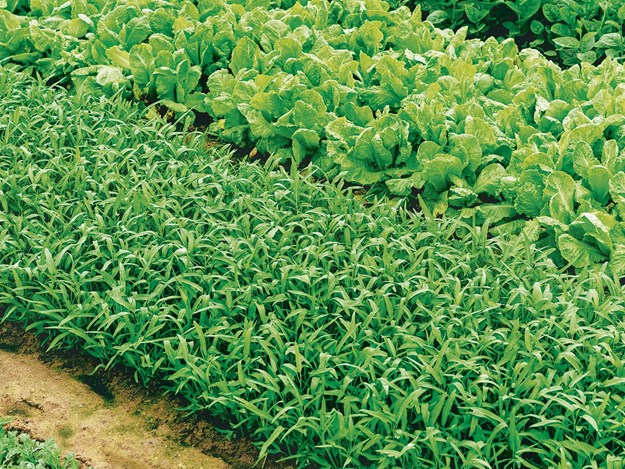Farm advice: Improve the quality of your soil
Soil testing and soil sampling are critical to improving the quality and mineral balance of the soil
.jpg)
Soil testing and soil sampling are critical to improving the quality and mineral balance of the soil.
The vital point of soil testing is to determine if there are sufficient levels of the essential elements for plants and livestock to grow at their best.
All physical things in the universe are made from 92 naturally occurring chemical elements. Living things such as plants and animals are mostly made of certain elements, depending on the life form. These are known as the essential elements of life, meaning that if all the other elements are present but one of these elements is missing, then the organism will fail.
There are 13 elements needed for plant and animal growth, not just nitrogen (N), phosphorus (P), and potassium (K). A further three elements (cobalt, selenium, and iodine) are essential for animal health and nutrition. If the soil is deficient in one or more nutrients, livestock and plants are not going to be able to receive enough of those nutrients to grow properly.

If farmers are injecting or bulleting animals for any deficient nutrients such as cobalt, selenium, iodine, or any nutrient, it’s a soil-borne disorder. Injecting, bulleting, or supplementing nutrients to animals overcomes the problem short term rather than fixing
the cause. It’s equivalent to taking medication rather than fixing the root cause.
Testing of the soil, pasture, clover-only, or animal blood is relatively cheap. Coming in at less than one percent of total fertiliser costs, it’s a cost-effective investment in the health and wellbeing of plants and livestock.
When it comes to livestock, if the pasture they are eating does not contain the correct amounts of the right nutrients, they will not grow in a healthy manner, or worse, become sick.
Most dairy farms probably need only about 13kg per hectare of P per year to maintain their phosphate levels, but more than 70kg per hectare is sometimes applied, leading to massive expenditure. This money could be diverted to overcome any deficient nutrient.
Accurate soil testing also provides a significant management tool in creating an efficient soil fertility programme, as well as watching out for potential soil issues.
Find new and used farm machinery for sale in NZ
Keep up to date in the industry by signing up to Farm Trader's free newsletter or liking us on Facebook



.jpg)
.jpeg)

.jpg)
.jpeg)
.jpg)
.jpeg)

.jpg)
.jpg)


.jpg)

